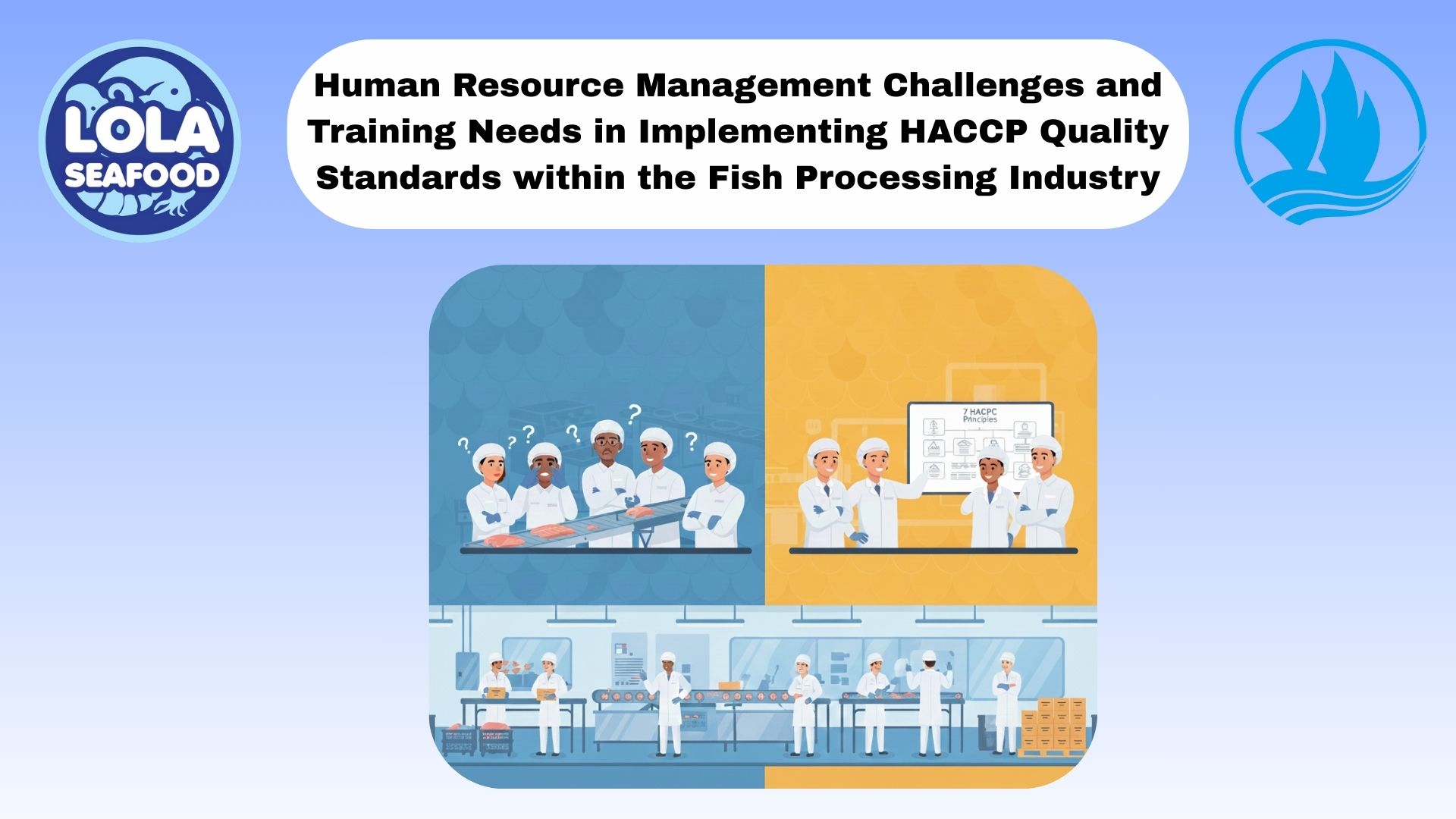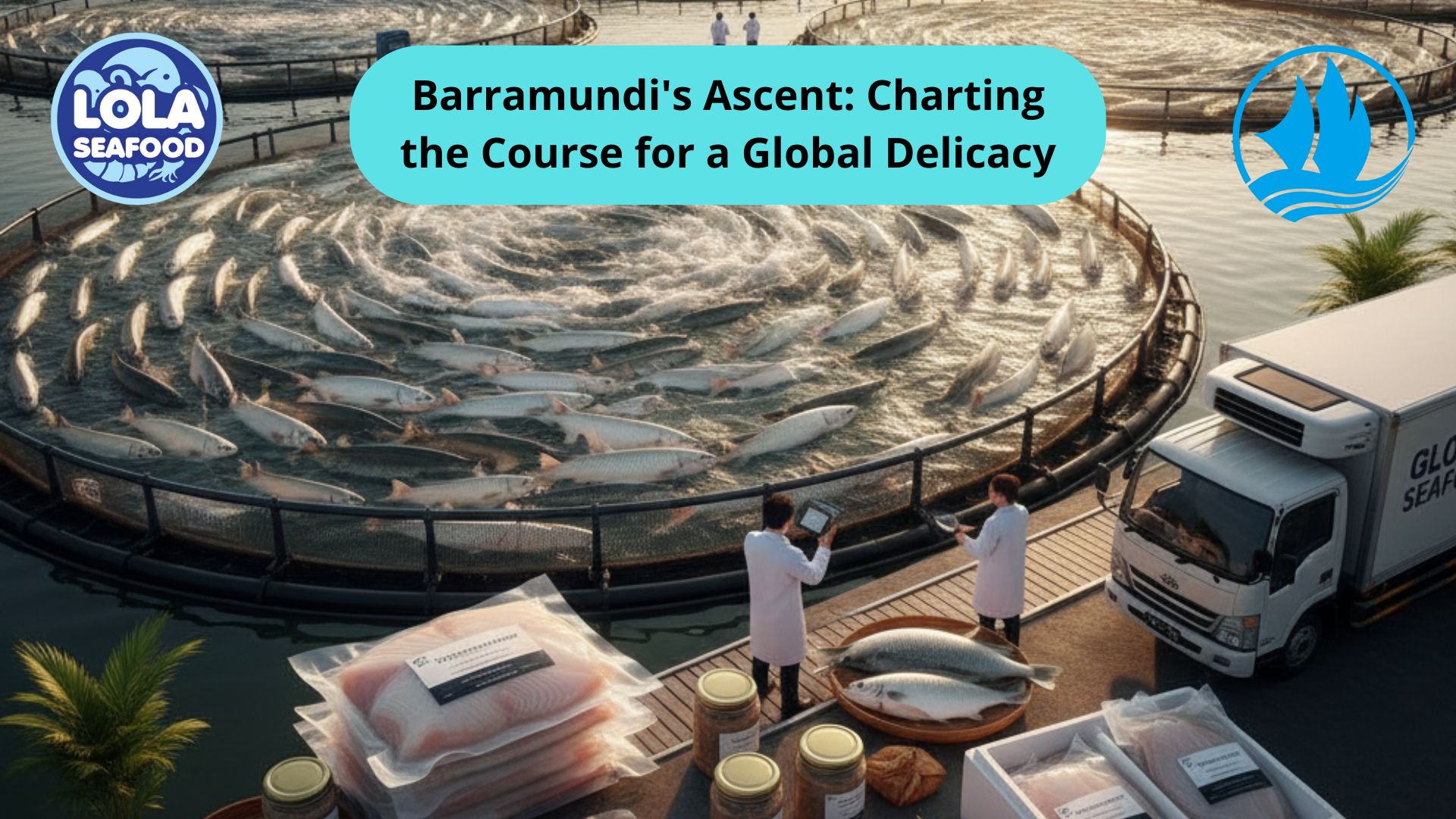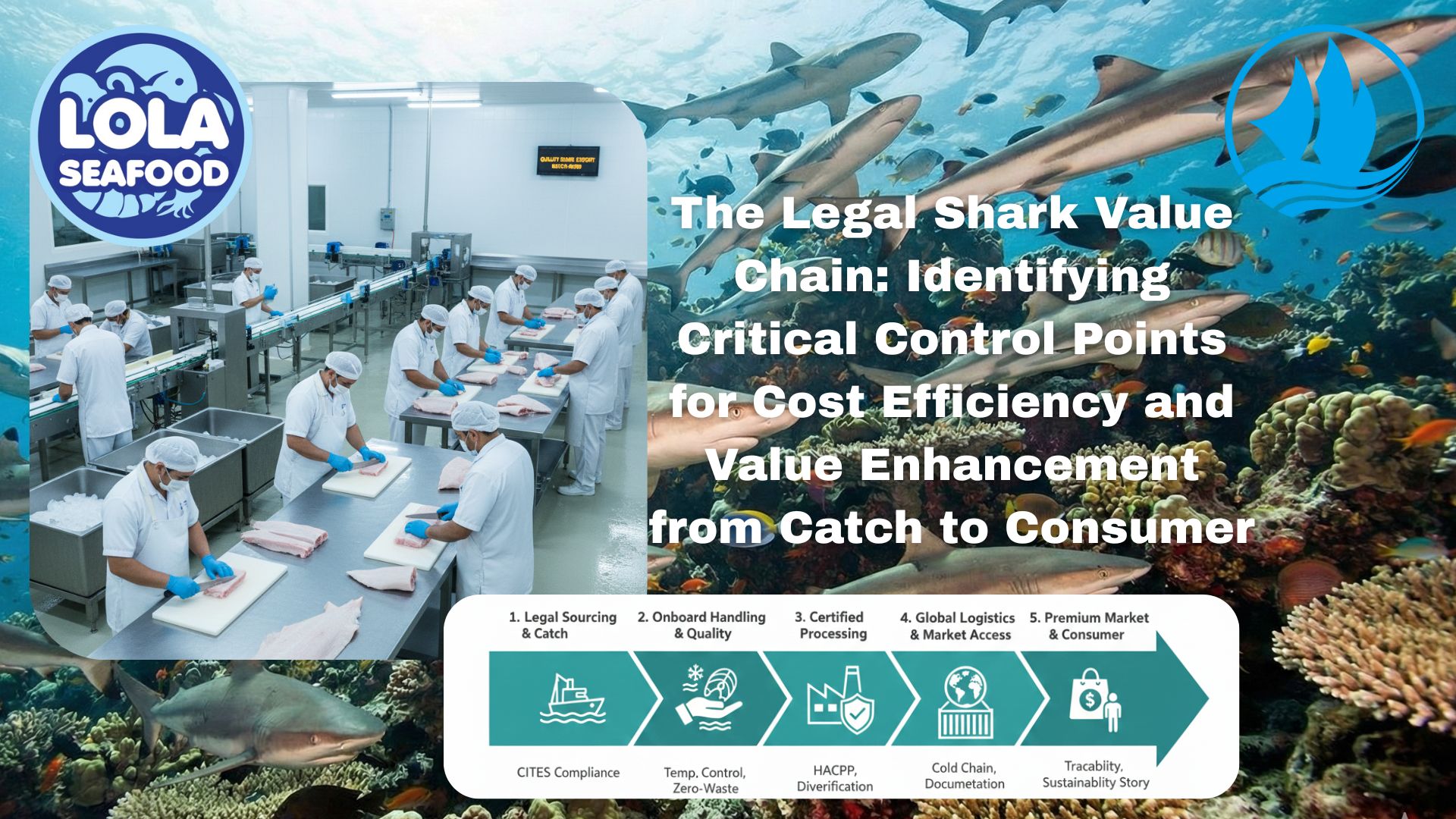7 Reasons Why Grouper Fish Are Widely Found in Indonesian Seas
By. Agung Kurniawan - 17 Jan 2025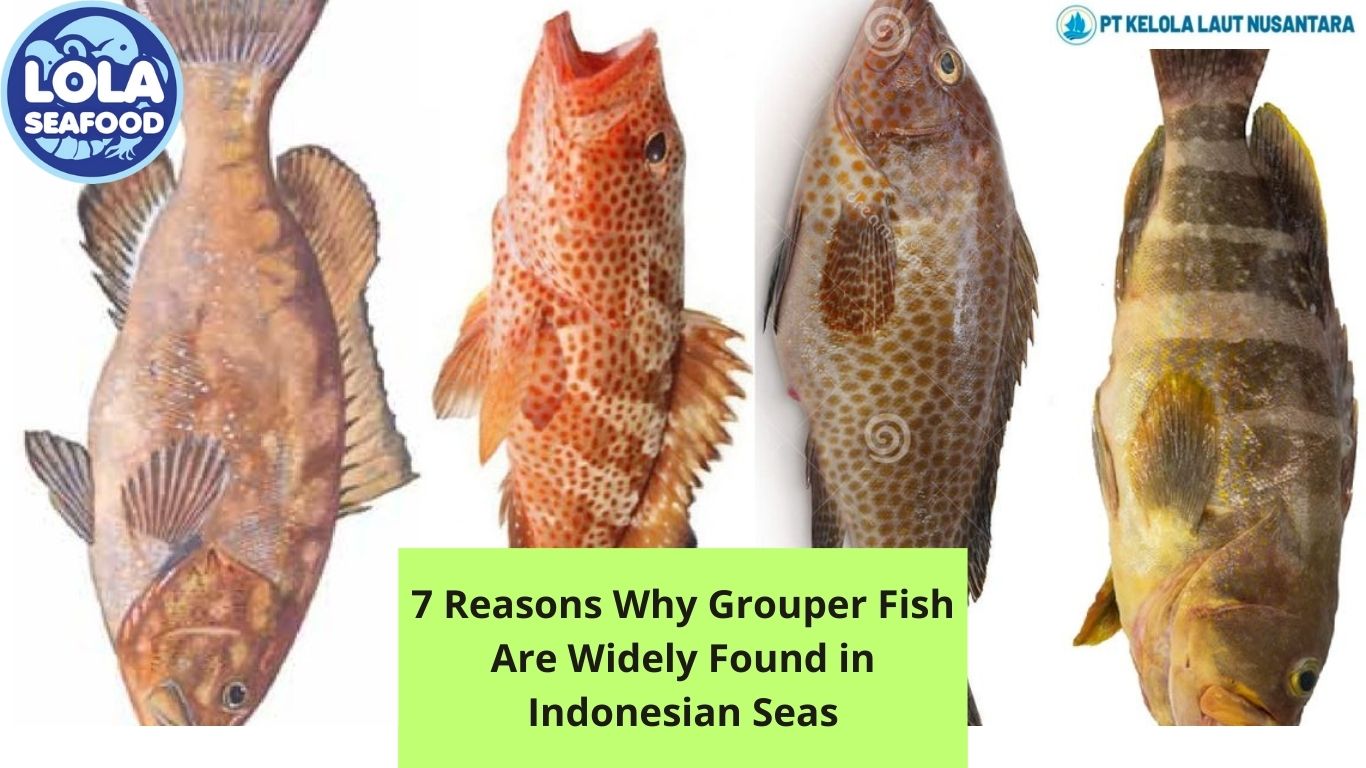
Kelolalaut.com Indonesia, an archipelagic country known for its abundant marine biodiversity, is home to numerous species of grouper fish. These prized fish are widely distributed across the country’s waters, thriving in its coral reefs, lagoons, and coastal ecosystems. Below are seven reasons why grouper fish are so prevalent in Indonesian seas.
1. Ideal Tropical Climate
Indonesia's location along the equator provides warm water temperatures year-round, creating a favourable environment for grouper fish. These tropical fish thrive in water temperatures ranging from 24°C to 30°C, which align perfectly with Indonesia's sea conditions.
2. Rich Coral Reef Ecosystems
Grouper fish are closely associated with coral reefs, which serve as their primary habitat. Indonesia boasts approximately 17% of the world’s coral reefs, covering around 51,000 square kilo meters. These reefs offer shelter, breeding grounds, and abundant prey for grouper fish, contributing to their widespread presence.
3. Abundant Food Supply
The Indonesian seas are teeming with a diverse array of marine life, including small fish, crustaceans, and molluscs, which form the primary diet of groupers. This abundance of food supports their growth and reproduction, ensuring healthy populations.
4. Strategic Geographic Location
Indonesia’s location between the Indian and Pacific Oceans creates a marine crossroads, allowing for nutrient-rich currents and biodiversity hotspots. These conditions enhance the survival and distribution of grouper species, as the currents bring in plankton and other organic matter essential to marine food chains.
5. Marine Conservation Efforts
Indonesia has made significant strides in marine conservation, establishing marine protected areas (MPAs) and coral reef rehabilitation programs. These efforts help preserve critical habitats for grouper fish and prevent overfishing, ensuring sustainable populations in the long term.
6. High Reproductive Rates
Many grouper species have robust reproductive strategies, including hermaphroditism, where individuals can change sex to maximize breeding opportunities. This adaptability, combined with Indonesia’s favourable environmental conditions, supports high reproduction rates and widespread distribution.
7. Aquaculture Practices
Indonesia is a global leader in grouper aquaculture, producing species like the humpback grouper and tiger. These practices not only meet market demand but also alleviate pressure on wild populations, allowing them to thrive naturally in the wild.
Indonesia's unique marine ecosystems and conservation initiatives provide a haven for grouper fish, making the country one of the world's most significant regions for this species. By balancing aquaculture with sustainable fishing and habitat protection, Indonesia ensures that its seas remain a thriving home for grouper fish and countless other marine species. As guardians of the world's richest marine biodiversity, Indonesians play a crucial role in preserving this underwater treasure for future generations.
If youre interested in our Grouper Fillet Skinless please do not hesitate to contact us through email and/or whatsapp.
.jpg)
The Impact of HACCP-Based Integrated Quality Management Programs on the Quality and Competitiveness of Fresh Demersal Fish Products
 and Employee Productivity on the Demersal Fish Processing Floor.jpg)
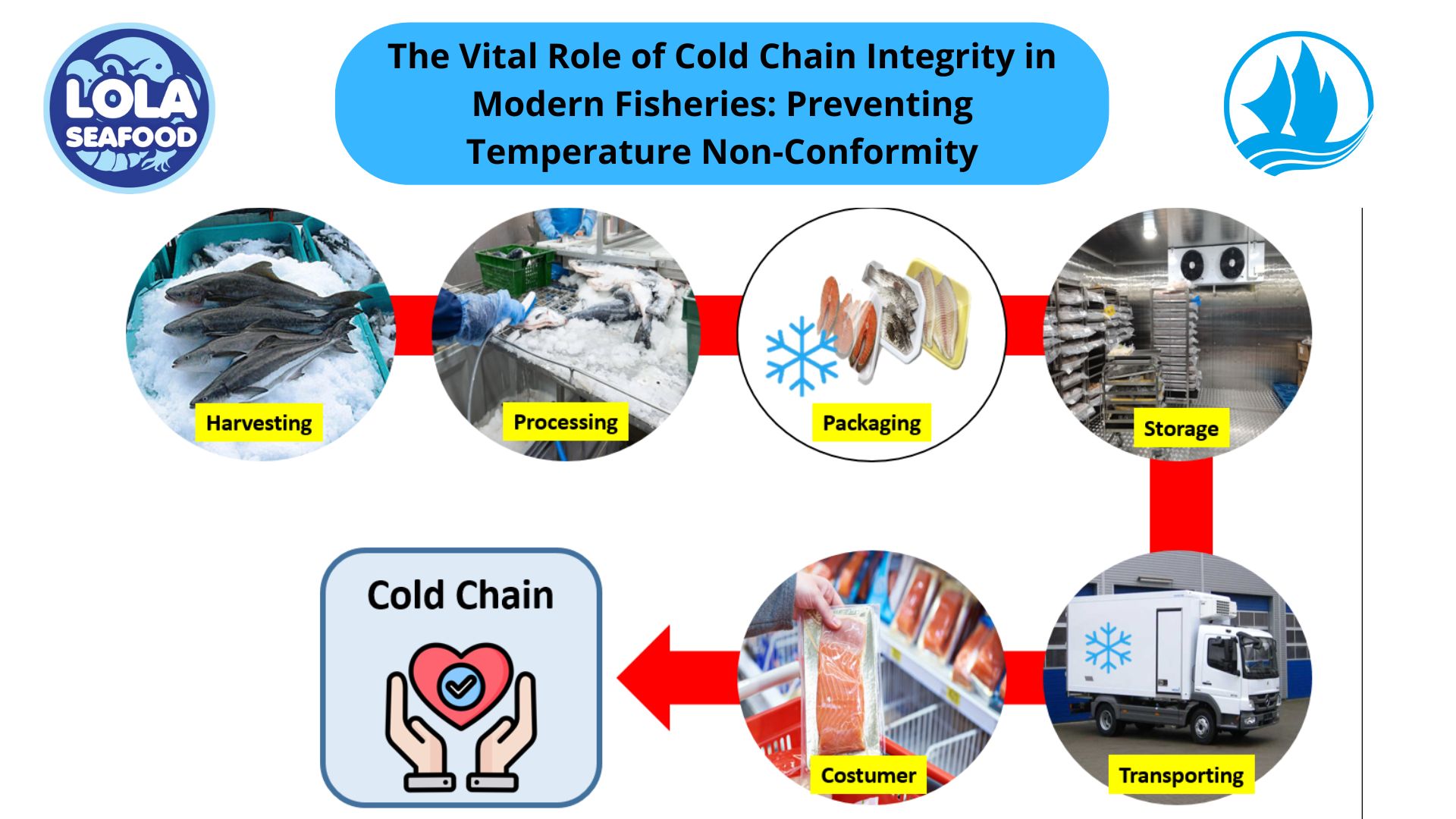
.jpg)

